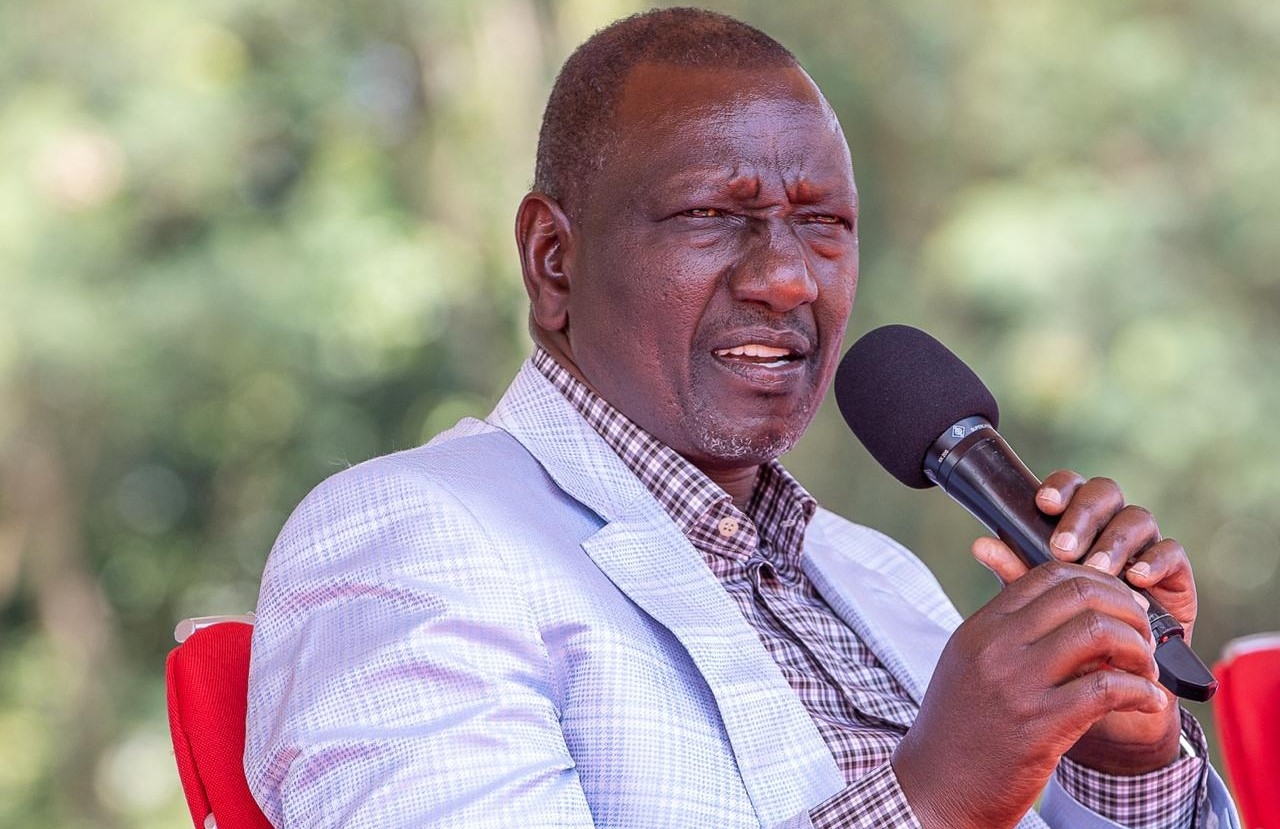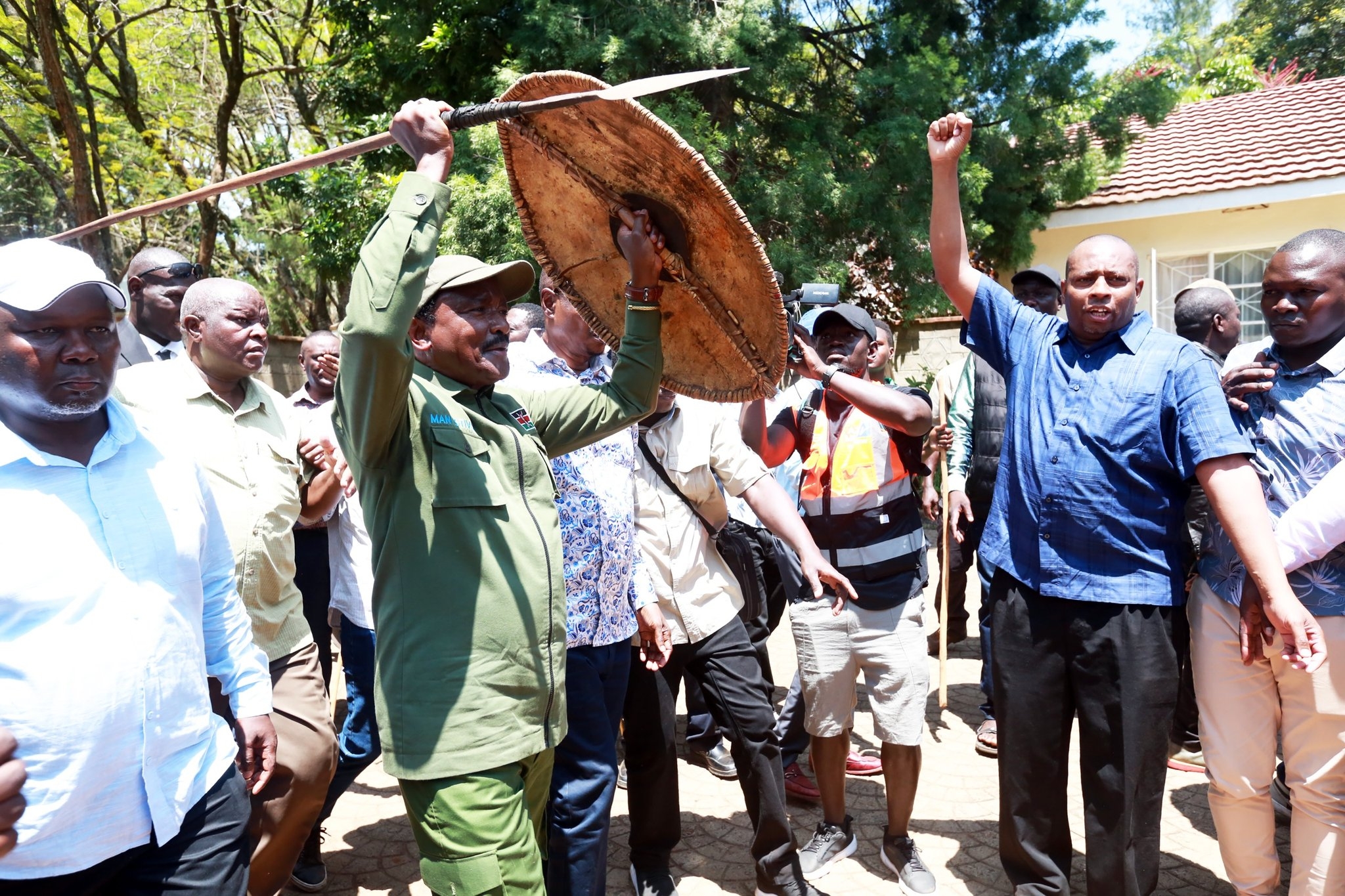Community Health Promoters will be vital in the country’s effort to eliminate neglected Tropical Diseases.
Pauline Mwinzi has noted that despite progress in the elimination of NTDs, several challenges persist 20 years later.
Mwinzi is the WHO regional advisor for Schistosomiasis, also known as Bilharzia and soil-transmitted helminthiasis in the African region.
Neglected tropical diseases are a diverse group of conditions that are mainly prevalent in tropical areas, where they thrive among people living in impoverished communities.
This will include creating awareness in communities and at the same time supporting the ministry in distributing medicines to treat the diseases.
She noted that local awareness is key because unless communities own the problem the solution cannot 100 per cent come from outside.
This means the communities should be sensitized on transmission, causes of the disease, how the disease affects them, who is affected and what they need to do to contribute towards the elimination process.
Mwinzi further expressed concern that the availability of medicines needed for diseases such as bilharzia is still a challenge as the country still relies on donations.
“Donors have prioritized children because that is where the greatest need was realised so we had medicines being provided to children but adults are also exposed,” Mwinzi said.
As a result, children out of school and adults remain unreached with medicines as priority has been on medicines targeting children in mostly in school.
“This is the area where we are still advocating to governments to be able to procure their own medicines and not be able to depend on donors because donations are not adequate,” she noted.
According to the WHO, NTDs are caused by a variety of pathogens including viruses, bacteria, parasites, fungi and toxins, and are responsible for devastating health, social and economic consequences.
They are ‘neglected’ because they are almost absent from the global health agenda.
Even today, when the focus is on Universal Health Coverage, NTDs have very limited resources and are almost ignored by global funding agencies.
They include leprosy, rabies, snake bites, trachoma, chagas disease, dengue and chikungunya, human African trypanosomiasis, leishmaniasis, lymphatic filariasis, schistosomiasis (bilharzia) and soil-transmitted helminthiases (parasitic worms).
NTDs are diseases of neglected populations that perpetuate a cycle of poor educational outcomes and limited professional opportunities; in addition, are associated with stigma and social exclusion.
The main reason why the diseases have continued to prevail is neglect. This means the mainstream health systems are not addressing these," Mwinzi said.
"You cannot go to the frontline health facility and get the medicine, they are not being procured, they are not being prioritized in many of the countries," she added.
The WHO has raised concern that emerging challenges remain.
These include consequences arising from climate change, emerging zoonotic and environmental health threats.
Similarly, continued socio-economic inequalities have a direct impact on access to healthcare services, adequate housing, safe water, and sanitation.
Most recently, disruption to health services caused by the Covid-19 pandemic has added a further burden.
"Luckily, Kenya is now starting to procure medicines and this is a significant step," Mwinzi said.
The WHO estimates that NTDs affect more than one billion people globally, while the number of people requiring NTD interventions (both preventive and curative) is 1.6 billion.



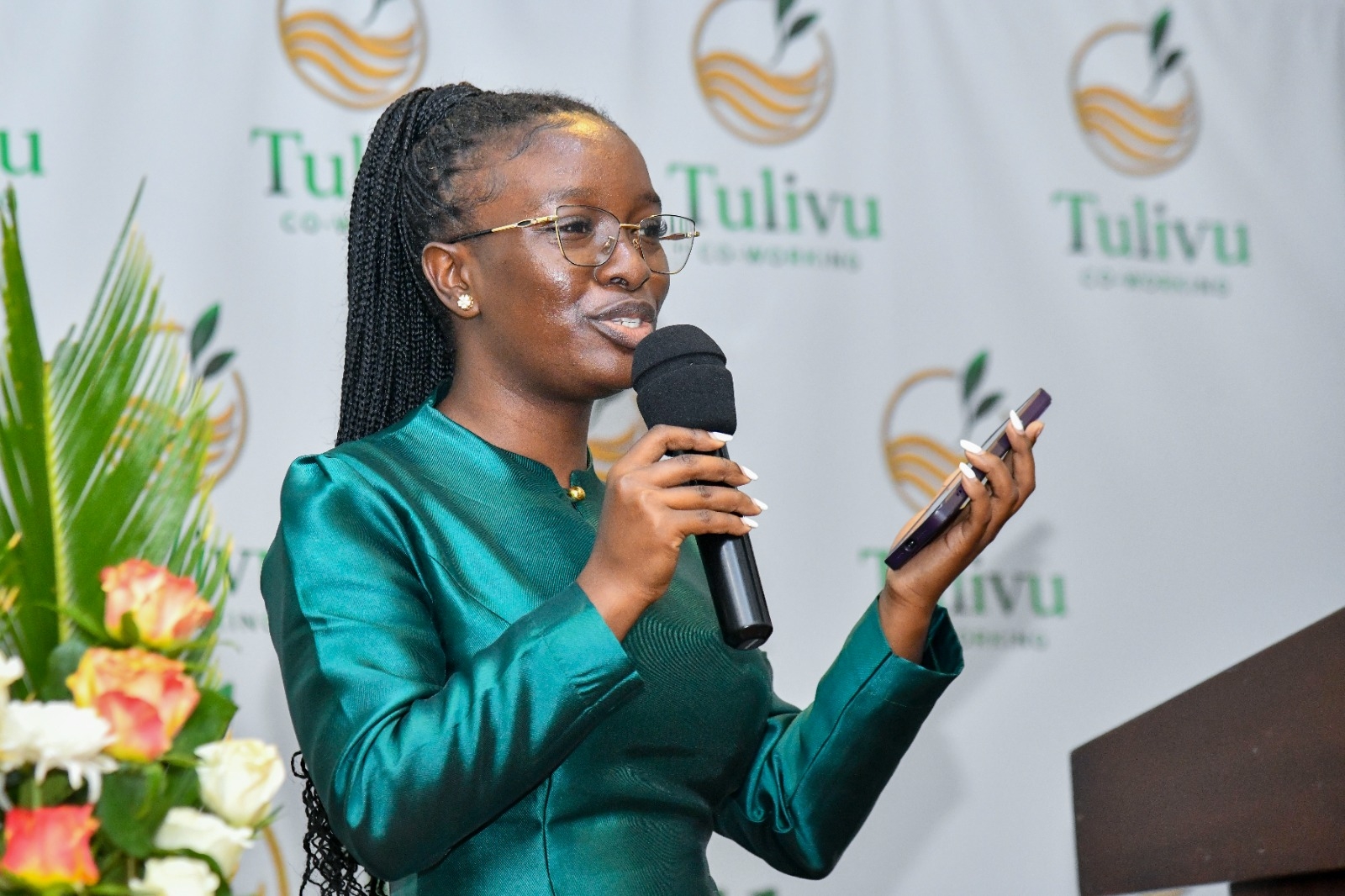





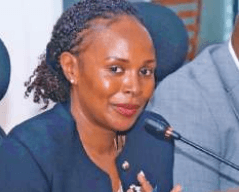
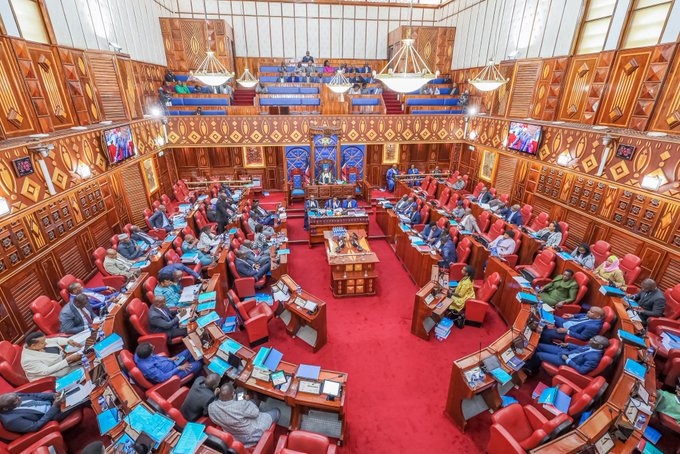

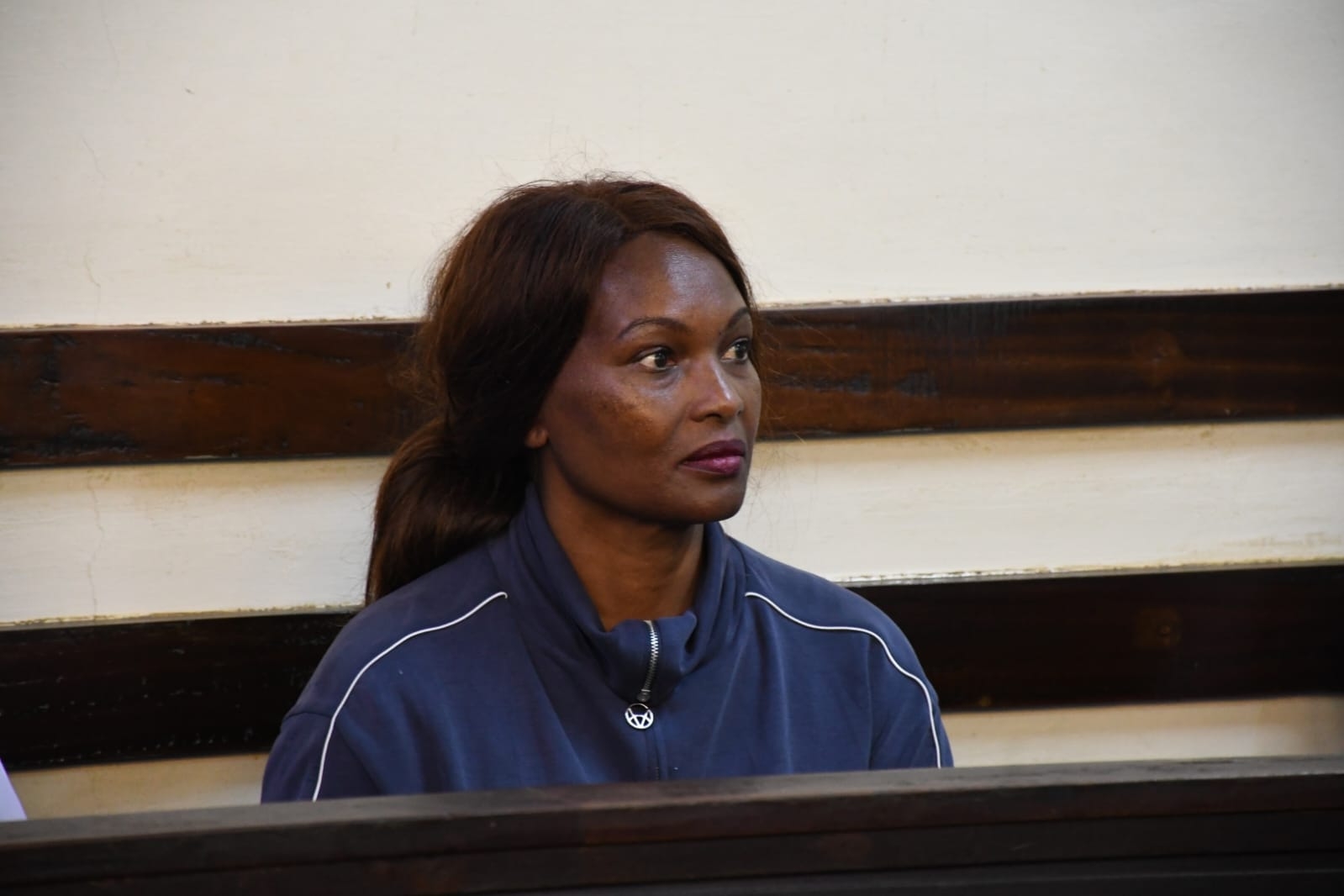
![[PHOTOS] Uhuru leads Jubilee grassroots meeting in Murang’a](/_next/image?url=https%3A%2F%2Fcdn.radioafrica.digital%2Fimage%2F2025%2F11%2F0b2a49cd-52fb-4a92-b9dc-26e253825a4a.jpeg&w=3840&q=100)
